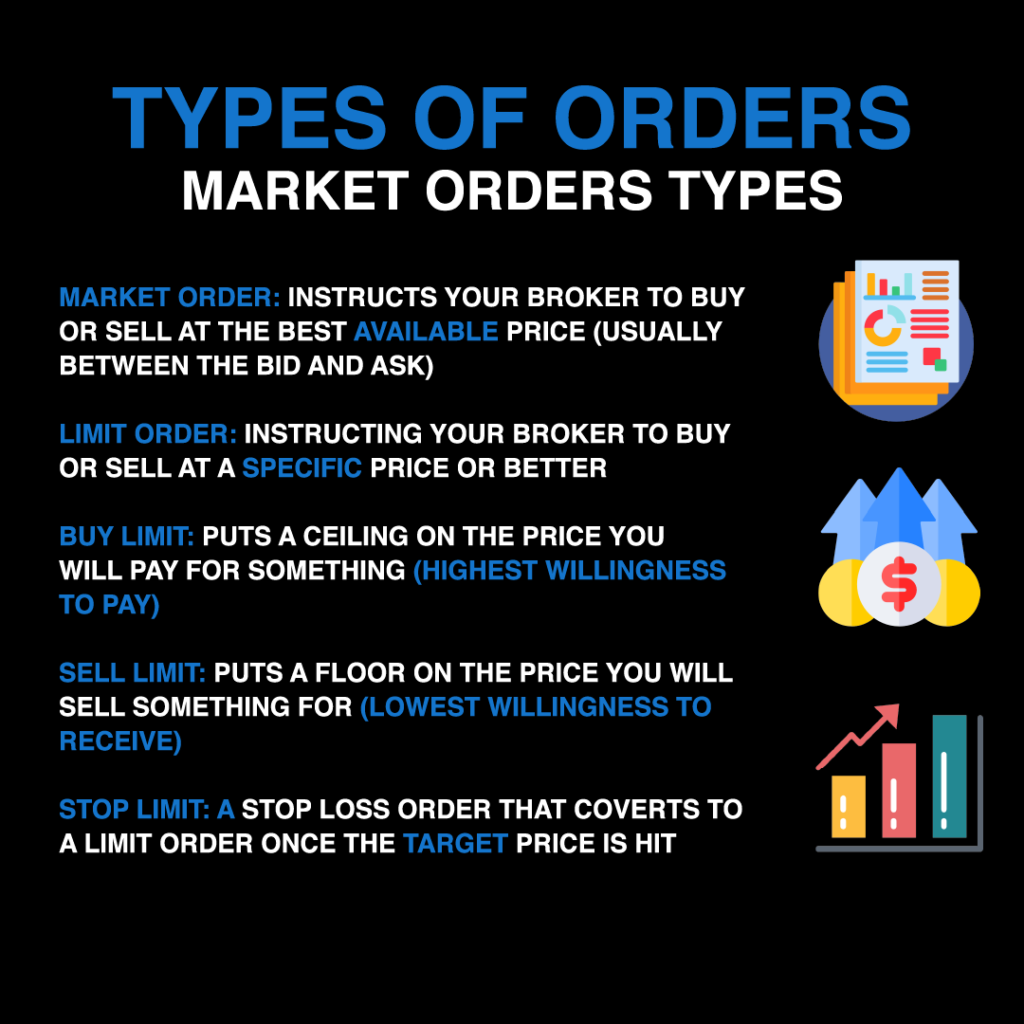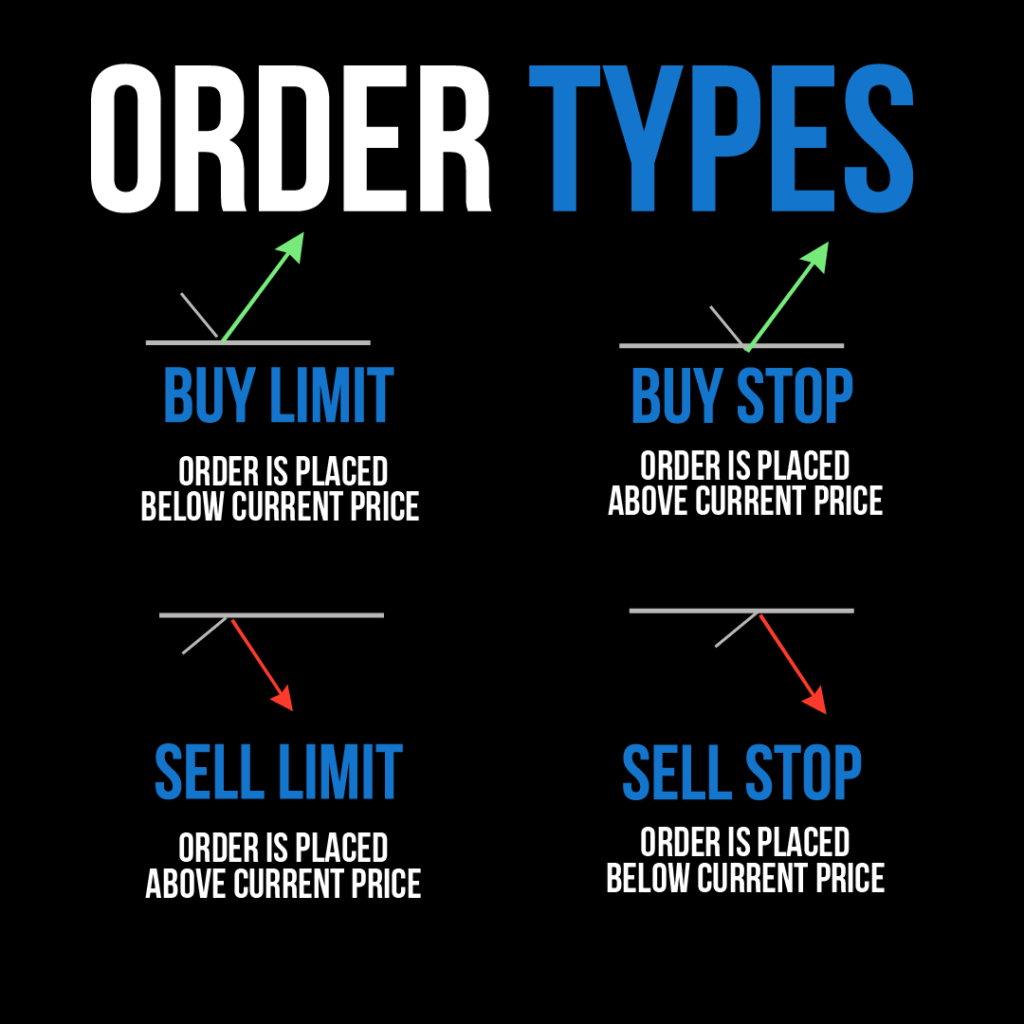स्टॉक खरीदने की प्रक्रिया
मुख्य शिक्षण उद्देश्य:
परिचय: Delve into the mechanisms of the शेयर बाजार, understanding the process of buying and selling stocks, and the different order types and trading methods that can be employed to meet your investment goals.
- Familiarize with the Process of Buying and Selling Stocks: Understand the different mechanisms, platforms, and strategies that play a role in the stock market.
- Identify and Use Different Order Types: Learn the advantages, disadvantages, and best scenarios for utilizing market orders, limit orders, stop orders, and stop-limit orders.
- Choose the Right Trading Method: Gain insights into the pros and cons of different trading and investing avenues, from brokers to online apps, to make informed decisions based on personal needs.

आकृति: A clock prominently displaying the words “Time to Buy,” symbolizing the optimal moment for making investment decisions. The image encapsulates the essence of strategic timing in stock trading and investment.
स्रोत: iStockफोटो
परिचय
The process of buying and selling stocks involves understanding various order types, choosing the right broker or platform, and selecting the best method to execute your trades. This chapter will guide you through the different aspects of buying stocks and provide insights into when to use specific order types and trading methods.
26.1 Order Types – Buying and Selling Stocks

Understanding different order types is essential for successful trading and investing. We’ll discuss the pros and cons of each order type and which scenarios are best suited for their use.
बाजार आदेश
A market order is an order to buy or sell a stock immediately at the best available current price.
पेशेवरों:
- Fast execution
- Guarantees that the order will be filled
दोष:
- No control over the execution price
- This may result in a higher price for buys or a lower price for sales in fast-moving markets
Best scenario: Use a market order when you want to execute a trade quickly and are not concerned about getting the best possible price.
सीमा आदेश
A limit order is an order to buy or sell a stock at a specific price or better.
पेशेवरों:
- Control over the execution price
- Can result in better entry or exit prices than market orders
दोष:
- No guarantee that the order will be filled
- May require more time to execute, as the specified price must be reached
Best scenario: Use a limit order when you want to control the price you pay or receive for a stock, and you are willing to wait for the market to reach your desired price.
Stop Order (Stop Loss)
A stop order, also known as a stop-loss order, is an order to buy or sell a stock once the price reaches a specified level.
पेशेवरों:
- Helps protect against significant losses
- Can be used to lock in profits
दोष:
- Can be triggered by short-term market fluctuations
- No guarantee of the execution price, as it becomes a market order once triggered
Best scenario: Use a stop order to protect your position from substantial losses or to lock in profits on a winning trade.
Stop-Limit Order
A stop-limit order combines the features of a stop order and a limit order. Once the stop price is reached, the order becomes a limit order.
पेशेवरों:
- Control over the execution price
- Protects against significant losses or locks in profits
दोष:
- No guarantee that the order will be filled
- Can be triggered by short-term market fluctuations
Best scenario: Use a stop-limit order when you want to protect your position while maintaining control over the execution price.

26.2 Brokers, Online Apps, Investment Managers, and Other Methods
There are various ways to buy and sell stocks, each with its pros and cons. We’ll explore these methods and discuss what to consider when choosing one.
Brokers
Brokers are professionals who execute trades on your behalf. They can be full-service or discount brokers.
पेशेवरों:
- Professional advice and guidance (full-service brokers)
- Access to a wide range of investment products
दोष:
- Fees and commissions
- May require a minimum account balance
Best scenario: Use a broker if you want professional advice or access to a wide range of investment products.
Online Apps
Online trading apps allow you to buy and sell stocks through a user-friendly interface.
पेशेवरों:
- Easy to use
- Low fees and commissions
दोष:
- Limited investment products and research tools
- Less personalized advice
Best scenario: Use an online trading app if you prefer a simple, low-cost platform and are comfortable making your own investment decisions.
Investment Managers
Investment managers are professionals who manage your investments on your behalf.
पेशेवरों:
- Professional management and expertise
- Access to a wide range of investment products
दोष:
- Higher fees compared to self-directed trading
- Less control over individual investment decisions
Best scenario: Use an investment manager if you prefer to have a professional manage your investments and are willing to pay higher fees for their expertise.
Other Methods
Some alternative methods to buy stocks include dividend reinvestment plans (DRIPs) and direct stock purchase plans (DSPPs).
पेशेवरों:
- Allows you to purchase stocks directly from the company
- Can offer lower fees than traditional brokers
दोष:
- Limited to participating companies
- Less flexibility in buying and selling shares
Best scenario: Use DRIPs or DSPPs if you want to invest directly in a specific company and are interested in long-term, passive investing.
What to consider for each method:
- Fees and commissions
- Access to investment products and research tools
- Level of personalized advice and support
- Ease of use and user experience
चाबी छीनना:
बंद बयान: The mechanism of buying and selling stocks is a journey laden with choices. Understanding the various order types and trading methods empowers you to navigate through the stock market confidently, making informed decisions that align with your financial goals.
- Order Types dictate how stocks are bought or sold. For example, market orders prioritize speed, while limit orders aim for a specific price.
- Brokers offer professional advice and a wide range of products but may come with higher fees. Online Apps provide user-friendly interfaces and lower costs but might lack in-depth research tools.
- Investment Managers manage your portfolio for you, ensuring expertise at the expense of higher fees and less individual control.
- Alternative Methods पसंद DRIPs and DSPPs allow direct stock purchases from companies, often with lower fees but reduced flexibility.
- When selecting a method for stock transactions, prioritize considerations like fees, product access, advice level, and user experience. Tailoring your approach based on personal needs and goals will enhance your stock market journey.

